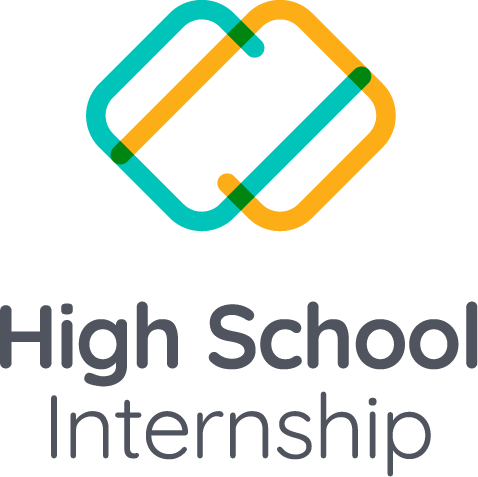We have written about maker spaces and maker learning in past issues and why we feel it can be an important part of the curriculum. After helping many schools worldwide develop and facilitate maker spaces, our Vice President of Education and maker space expert, Mark Barnett, shares his 3 key elements for successful maker learning.
After starting my own maker space in 2013, a mobile maker space in 2015, and helping dozens of schools worldwide design, use and teach in maker spaces, I have learned quite a bit about what works, what doesn’t, and why. Schools have made great strides in adding maker spaces to their curricula with a growing interest in maker learning. Some of these schools have done a remarkable job, and others have been left wondering what the hype is all about.
I see that maker learning is just one of many education interventions that a school can facilitate. Other education interventions include social-emotional learning, project-based learning, or even curricular products for math and literature.
To implement any of these strategies or interventions successfully, there are usually 3 main factors contributing to the success or failure of implementation. Each of these factors requires thorough commitment, and even if only one area lacks commitment, the whole intervention is likely to fail.
Here are the 3 key elements of commitment required for maker learning (or any educational intervention):
- Commitment to the tool or technology
- Commitment to the pedagogy that supports the use of the tool or technology
- Institutional commitment to the success of the tools, technology and pedagogy
Commitment to the tool or technology
For the case of maker learning, this means that the school must commit to tools, technologies, and materials that support maker learning. Commitment in this element looks like this:
- Acquiring the tools and technologies needed in a makerspace
- Providing the proper use and training of the tools and technologies
- Ongoing support and maintenance of the tools and technologies
- Continued training and development of staff using the tools and technologies
Commitment to the pedagogy
Most educational interventions have an accompanying pedagogy that is best suited to support the intervention. For example, maker learning has its own pedagogy that includes tinkering, play, design thinking, and constructionism. Commitment to the pedagogy looks like this:
- Providing training, support and professional development to teachers
- Creating work-groups or cohorts of teachers who can spread the pedagogy and help pass along knowledge and training to other staff
- Sending staff to conferences to attend and present shared knowledge on best practices and strategies
- Provide access to educational research in the field of the pedagogy to stay current with the evolving understandings and to learn from others
Institutional Commitment
This final element is the most important one and, from my experience, the one element that makes or breaks the success of a maker learning program (or any intervention)
- Creating a core team of champions who are charged with the success of implementation and are accountable for success
- A strong team of leadership who truly believes that the intervention has merit and is dedicated to the hard work required to see the success
- Financial commitment to all of the above mentioned points
It really is a simple formula to follow, and it is easy to implement once you have thought through each key element. Typically when I work with new schools, we discuss all 3 key elements before deciding to do any work together to ensure that the school is prepared to commit to all 3 areas before any work is done.
Use these 3 keys to help guide you on the successful implementation of any educational intervention. If you want more information or have specific questions about maker learning and maker spaces, please feel free to reach out to me on Twitter or by email.

